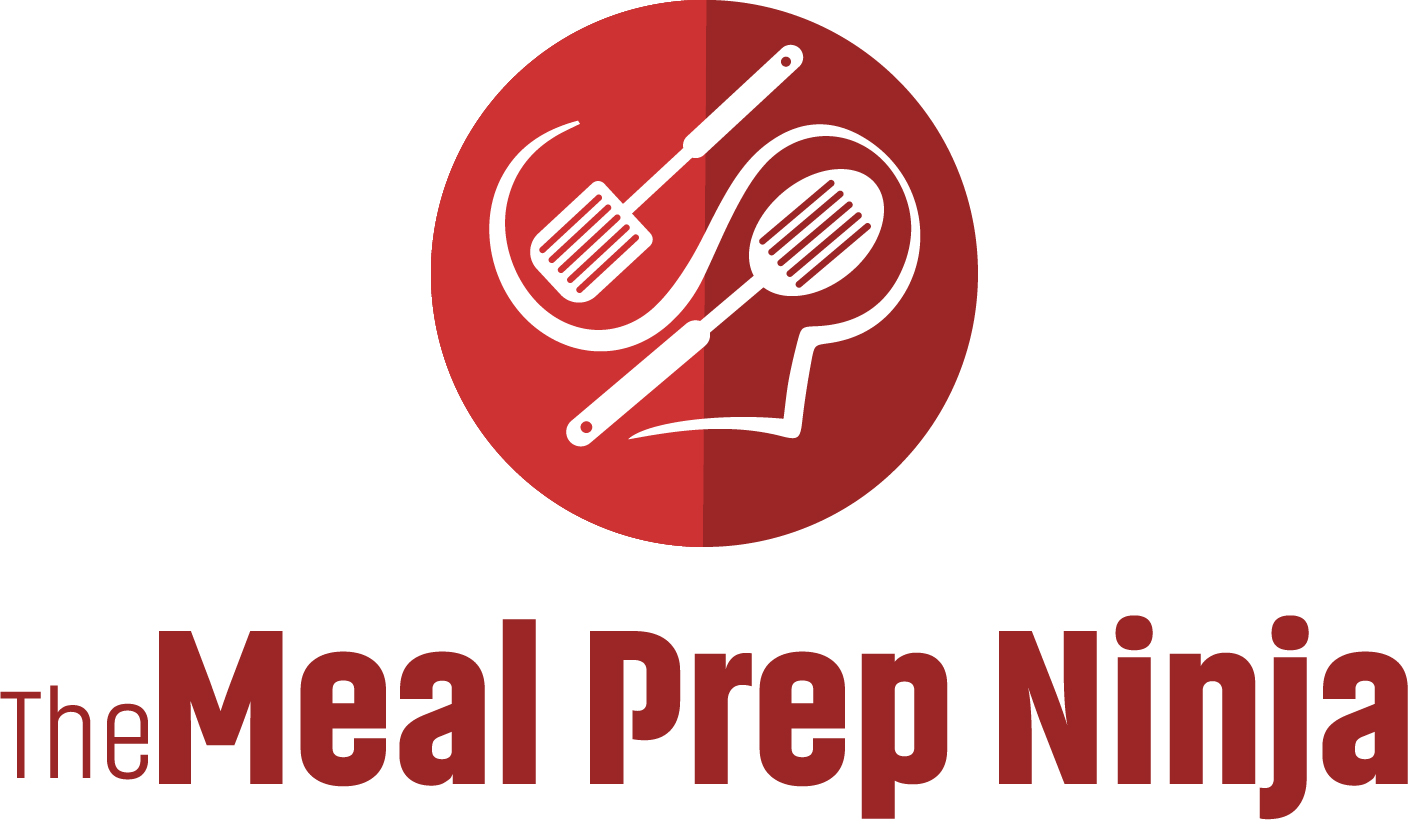Last Updated on October 18, 2022 by TheMealPrepNinja
Do you want to know how to meal prep on a tight budget? Cooking from scratch is the best way to ensure that you’re eating healthy, well-balanced meals.
You can control what’s going into your food and how it’s prepared, which makes meal prep a great way to save money as well as maintain good health. However, when you don’t have much cash for groceries or are trying to stick within a budget for something else (say, your student loans), it can be difficult to budget out enough money for fresh ingredients every week—especially if you’re just starting out with this type of cooking!
Luckily there are plenty of ways to make sure that your pantry stays stocked even when funds are limited:
Meal prep doesn’t have to cost a lot.
Meal prepping doesn’t have to be a costly affair. Sure, you can buy the most expensive products and equipment—but if you’re just getting started, it’s not necessary.
Instead of buying all new kitchenware right away and splurging on ingredients that cost an arm and a leg per serving (or even more), consider these meal prep hacks:
- Look for deals on reusable containers at thrift stores and garage sales. I’ve gotten my hands on plenty of great ones over the years this way!
- Buy in bulk when possible; it’ll save you money in the long run. Look for sales when buying nuts, seeds, or grains too—these items tend to go cheap at warehouse stores like Costco or Sam’s Club because they’re heavy-duty staples that most people use regularly.
- Invest in kitchen items that will last longer than typical store-bought versions: think cast iron skillets instead of nonstick pans; stainless steel utensils instead of plastic ones; glass storage containers rather than plastic bags or wraps for leftovers… Those are just a few examples!
Helpful meal prep books


5 tips for meal prepping on a tight budget
- Don’t buy what you already have. Who needs another bottle of ketchup in the cupboard?
- Make things from scratch. Instead of buying a jar of spaghetti sauce, make your own with tomato paste and fresh vegetables!
- Make a grocery list before you shop and stick to it. You’ll save a lot of time by not wandering around trying to remember what groceries you need when you’re standing at the checkout counter. Plus, if something is on sale this week but not next week, it’s easy enough to skip it for now and go back later.
- Store food correctly so that it doesn’t go bad before its expiration date (or the previous one). It’s better for the environment than tossing out spoiled food too! And saving money never hurts either!
- Stock up on frozen veggies instead; they’re cheaper than fresh ones
These tips will teach you how to meal prep on a tight budget!
Shop at your local farmers market.
If you’re looking to meal prep on a budget, one of the best places to shop is at your local farmers market. Not only can you find fresh, local produce there; but you’ll also be able to buy meat and eggs from local farmers.
Farmers’ markets are great because they help support small businesses, rather than big-box stores like Walmart or Kroger. These types of businesses tend to sell items at lower prices than large chains do because they don’t have as much overhead. It’s important that we all make every effort possible not only to shop locally but also direct our dollars toward small businesses wherever possible—which includes buying food at farmers’ markets instead of big box stores whenever possible!
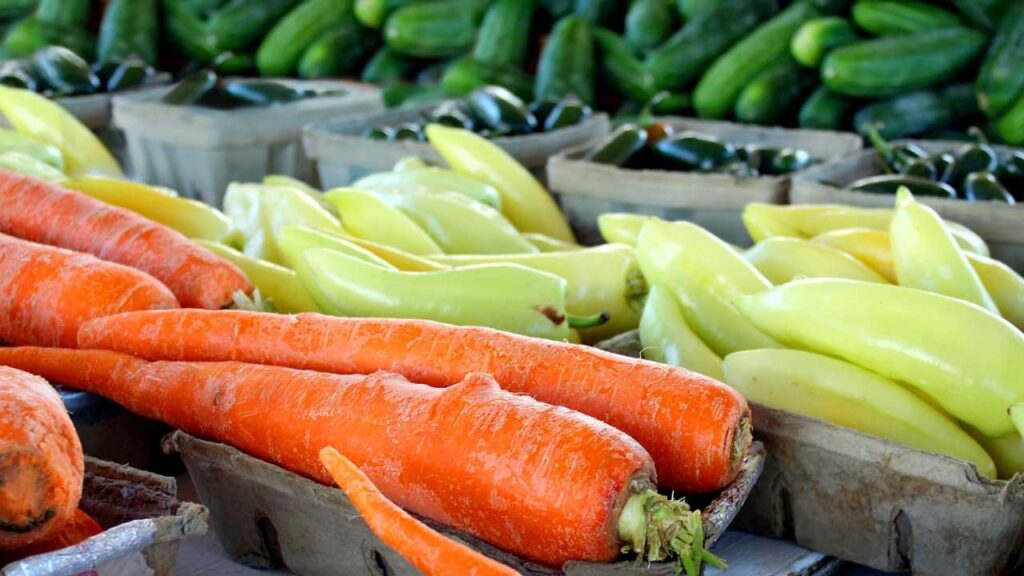
Use the freezer in your fridge.
The freezer is a great way to make sure food stays fresh and edible for longer. You can use it to store everything from raw meats to cooked meals, but there are some things you should never freeze.
Here’s how:
- Freeze in small portions. If you’re preparing a large batch of something, be sure to portion it out into smaller containers so that you don’t waste any leftovers! This will also help with cooking times: for example, if you were making chicken noodle soup for dinner and plan on storing some for lunch tomorrow, then freezing half the contents of the pot will save time during reheating because overnight thawing won’t be necessary (just add more water).
- Start by labeling each container with what’s inside as best as possible – even better if they’re labeled with expiration dates as well! I also like using permanent markers so that they don’t rub off when washed in the dishwasher or sink (though washing them before freezing is optional).
Take time to meal plan.
Before you even think about hitting the grocery store, do some research. What are your favorite recipes? Are there any ingredients that can be replaced with something cheaper or more readily available? And what are you going to cook for dinner this week?
Take the time to plan out your meals and shop around for sales. If a recipe calls for fresh herbs that cost $5 a bundle, but frozen ones cost $2 each, make sure you buy them frozen. Find out when local stores have sales on certain items—you don’t want to buy a bunch of fruit in season only to find it on sale next week!
Don’t buy what you already have.
Don’t buy what you already have.
This is the simplest and best tip for saving money on meal prep. If you already have some of the ingredients for a recipe, don’t buy more—you’ll be wasting money if it’s not necessary to make your dish. The opposite is true as well: if you don’t have a particular ingredient for something and want to make it, go ahead and purchase it and use it all up before it gets old or spoils! But other than those two scenarios, try not to buy anything extra when cooking in bulk.
Make things from scratch.
Use fresh ingredients. When you make your own meals from scratch, you’ll know exactly what’s going into them. If you can afford it, buy your produce from a farmer’s market or grocery store that has an organic section. There are also websites that sell bulk items at affordable prices if you’re on a tight budget; for example, Amazon Pantry sells items like nuts and seeds in bulk sizes at competitive prices (and has one-day delivery!).
You should also keep an eye out for sales and coupon codes on any packaged goods that are sold in stores near where you live. This will save money on things like seasonings and sauces!
Make your own spice mixes. Most premade spice blends contain unnecessary preservatives and additives to keep them shelf-stable longer than they would otherwise be able to last without spoiling.
Make a grocery list before you shop and stick to it.
You should make a grocery list before you go shopping so that you don’t buy things impulsively and end up spending more than necessary. It is also important to stick to the list!
Make sure that your list includes everything that you need for the meals that are already planned out, as well as any ingredients for side dishes or desserts (if cooking those). This will help prevent overspending on unnecessary items like condiments or spices. Remember: if it’s not on the list, don’t buy it!
Don’t let produce go bad by storing food correctly.
It’s easy to let produce go bad by storing food incorrectly, particularly if you live in a small space with limited fridge space. To make sure your produce stays fresh and lasts as long as possible, it’s important to store each group of fruits and vegetables separately. The fridge has several drawers that are perfect for this type of organization: one drawer is specifically designed for fruits, another for leafy greens (like spinach), and a third for everything else.
Make sure that all non-perishables have their own designated space in the crisper drawer as well; they should be kept at room temperature for 2-3 days before going bad. If you’re sharing your fridge with other people, it may be helpful to label each container using masking tape so everyone knows which foods belong to them (or write down what’s stored inside).
As far as storage bags go, don’t just use any old Ziploc—they could actually cause more harm than good! Plastic bags are porous (meaning they allow air through) which can lead to faster spoilage over time because oxygen increases how quickly bacteria grow on food products. Instead, try using Rubbermaid containers like these ones from Target: They’re airtight and easy on your wallet too!
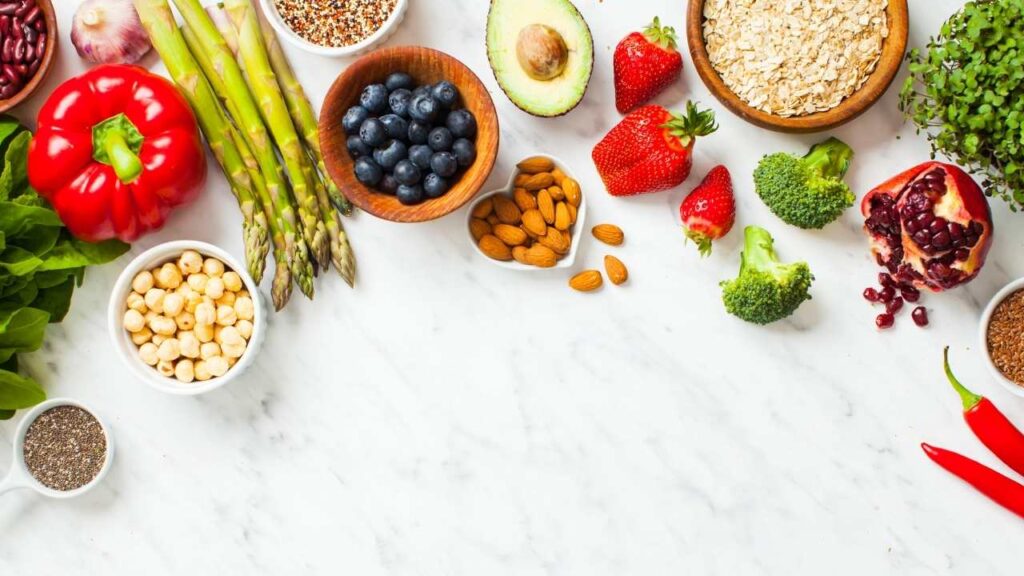
Stock up on frozen veggies, which are cheaper than fresh ones.
Frozen veggies are cheaper than fresh ones, and they’re just as healthy. Frozen veggies have a shorter shelf life than fresh produce, but if you freeze your own or buy frozen ones at Costco, you can store them for up to a year. Plus, freezing them makes them easy to use in recipes without thawing first—just stir them into your dish as it cooks!
Frozen vegetables are also more convenient: They’re ready to use and require no prep work besides opening the package. This is especially helpful if you’re on a tight meal prep schedule!
Buy dried beans instead of canned ones.
You’re probably wondering why you should do this.
- Canned beans are expensive, and dried beans are cheaper.
- Dried beans have more nutrients than canned ones.
- Dried beans are easy to make and store in the pantry when you need them.
Skip pre-packaged snack foods in favor of homemade alternatives.
Prepackaged snacks are convenient, but the cost can add up. You’ll save a lot of money by making your own snacks—and you’ll be able to make them in bulk. Plus, you can control exactly what goes into your food so that it’s healthy as well as budget-friendly.
If you’d like some ideas for homemade snack foods, here are some suggestions:
- Granola bars
- Oatmeal cookies
- Trail mix (make sure it’s not too high in sugar)
Homemade alternatives are always a great way to meal prep on a tight budget.
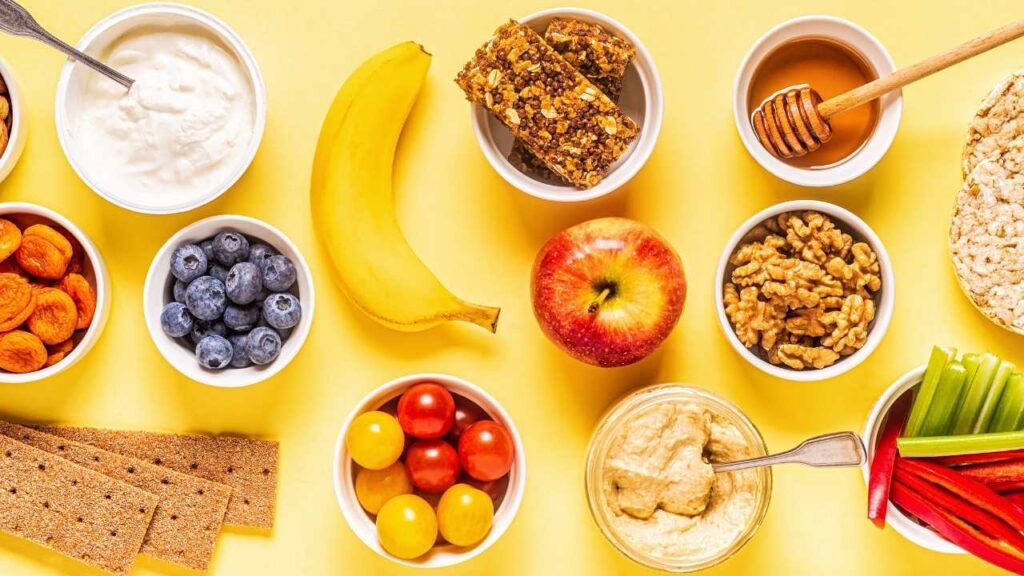
Always look for coupons and discount codes.
The best way to save money on groceries is to find coupons and discount codes wherever you can. The internet is a great place to start your search, but don’t forget about magazines, newspapers, and mailings you receive at home.
It is possible to cook healthy meals without spending tons of money
Meal prepping is a great way to cook healthy meals on a budget. It allows you to plan ahead and save time, money, and energy.
Conclusion – How to meal prep on a tight budget
One of the best ways to save money on your food budget is to meal prep. This means you cook all of your meals for the week ahead of time, and then pack them up in individual containers to eat throughout the week. This can be a great way to save both money and time, as you’ll have no need to go out to eat or cook individual meals each night.
However, meal prepping can be expensive if you don’t plan ahead. The best way to save money is to buy food in bulk. This can include things like meat, produce, grains, and canned goods. You can also save money by cooking simple meals that are easy to reheat. Some of my favorite budget-friendly meal prep recipes include quinoa bowls, black bean burgers, lentil soup, and roasted vegetables.
By following these tips, you can easily meal prep on a tight budget.
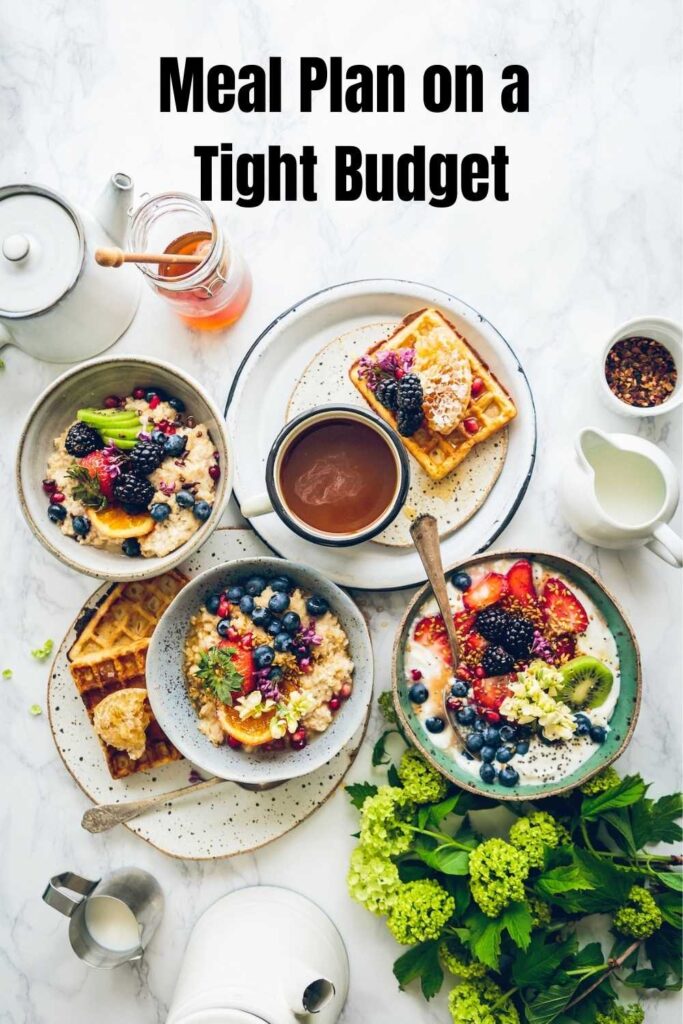
Here is another article on how to meal prep on a budget.
Jim Lopez, the founder and editor of The Meal Prep Ninja, shares his journey from a passionate bodybuilder and fitness enthusiast to a certified nutrition coach. Certified by Precision Nutrition, Jim aims to empower others with knowledge on meal prep and nutrition, offering resources for busy individuals to enjoy low-calorie, tasty foods. His blog is a community for sharing healthy eating habits and meal prep recipes
